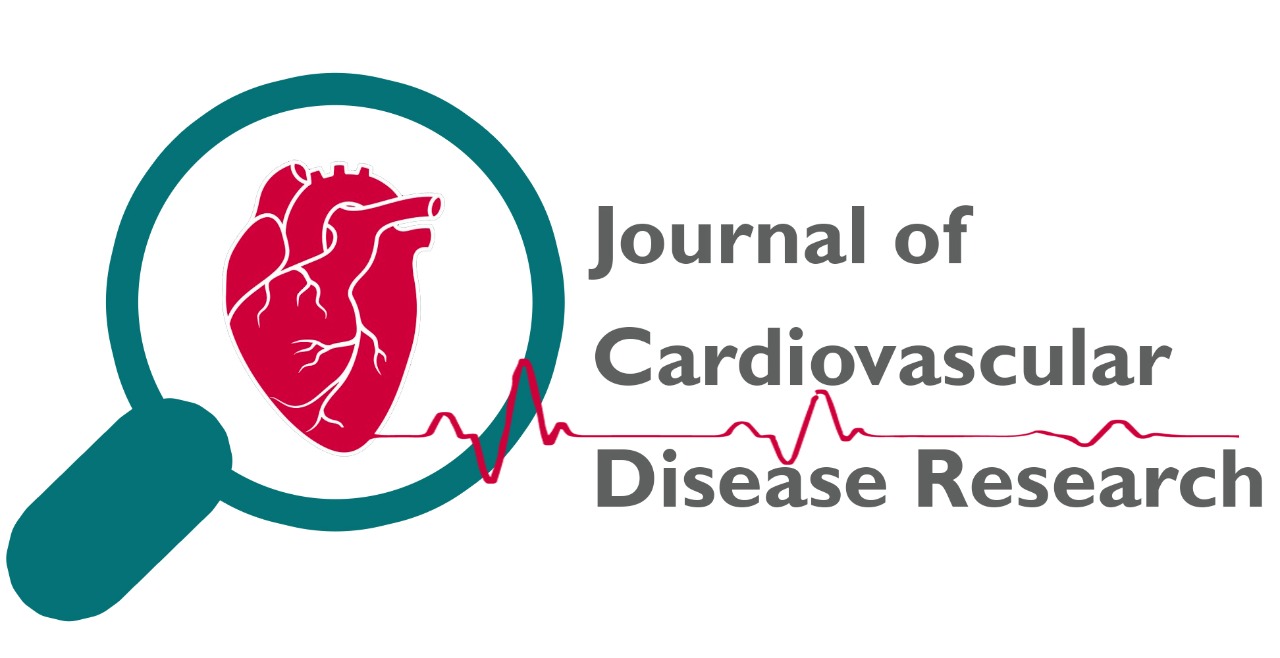
Association Between Vitamin D Deficiency and Depression in a Primary Care Setting: A Cross-Sectional Study
Dr.Pradeepkumar J.Singhal , Dr. Rahul D. Deshpande , Dr Shaileshkumar Jagishchandra Patil
JCDR. 2023: 2633-2637
Abstract
Depression is a common mental health disorder with significant impacts on individuals' well-being and quality of life. Recent studies have suggested a potential association between vitamin D deficiency and depression. However, the evidence remains inconclusive, and the relationship between these two factors in primary care settings requires further investigation. Methods: This cross-sectional study aimed to explore the association between vitamin D deficiency and depression in a primary care setting. A total of [insert number] participants were recruited from [insert primary care clinic/hospital] and underwent assessments for vitamin D levels and depression using validated measurement tools. Socio-demographic information and relevant clinical data were also collected. Statistical analyses, including regression models, were employed to determine the association between vitamin D deficiency and depression, adjusting for potential confounders. Results: The results of the study indicated a significant association between vitamin D deficiency and depression in the primary care setting. Participants with vitamin D deficiency had a higher prevalence of depression compared to those with sufficient vitamin D levels. After adjusting for potential confounders, the association remained statistically significant, suggesting an independent relationship between vitamin D deficiency and depression. Conclusion: This cross-sectional study provides evidence supporting an association between vitamin D deficiency and depression in a primary care setting. The findings suggest that vitamin D deficiency may be a potential risk factor for the development or exacerbation of depression. Further research, including longitudinal studies and randomized controlled trials, is warranted to elucidate the causal relationship and explore the underlying mechanisms. If a causal relationship is established, interventions targeting vitamin D deficiency could potentially have a significant impact on preventing or managing depression in primary care settings.
Description
.
Volume & Issue
Volume 14 Issue 4
Keywords
.
|
This is an open access journal which means that all content is freely available without charge to the user or his/her institution. Users are allowed to read, download, copy, distribute, print, search, or link to the full texts of the articles in this journal without asking prior permission from the publisher or the author. This is in accordance with the Budapest Open Access Initiative (BOAI) definition of open access.
The articles in Journal of Cardiovascular Disease Research are open access articles licensed under the terms of the Creative Commons Attribution Non-Commercial License (http://creativecommons.org/licenses/by-nc-sa/3.0/) which permits unrestricted, non-commercial use, distribution and reproduction in any medium, provided the work is properly cited. |
|
|
|
|
|
Copyright � 2022 Journal of Cardiovascular Disease Research All Rights Reserved. Subject to change without notice from or liability to Journal of Cardiovascular Disease Research.
For best results, please use Internet Explorer or Google Chrome POLICIES & JOURNAL LINKS
Author Login
Reviewer Login About Publisher Advertising Policy Author's Rights and Obligations Conflict of Interest Policy Copyright Information Digital Archiving & Preservation Policies Editorial Policies Peer Review Policy Editorial & Peer Review Process License Information Plagiarism Policy Privacy Policy Protection of Research Participants (Statement On Human And Animal Rights) Publication Ethics and Publication Malpractice Statement Corrections, Retractions & Expressions of Concern Self-Archiving Policies Statement of Informed Consent Terms of Use |
Contact InformationJournal of cardiovascular Disease Research,
|




